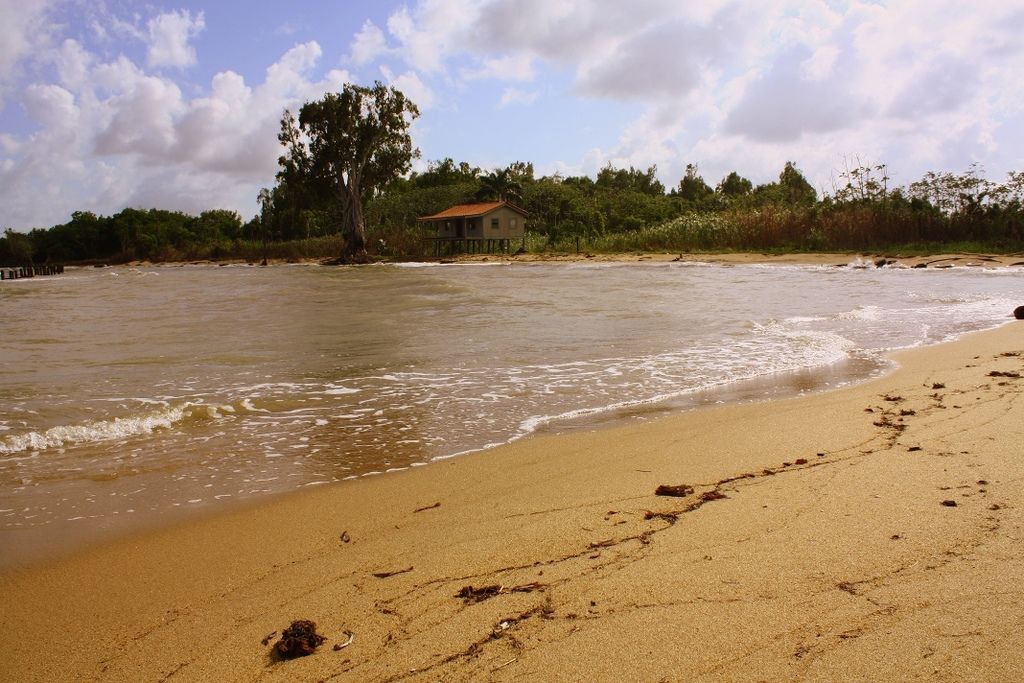pressure-mounts-kremlin-russian-central-bank-cuts-key-interest-rate
The Kremlin Applies Pressure: Russian Central Bank Unexpectedly Reduces Key Interest Rate
Central Bank of Russia reduces interest rates unexpectedly.
The Russian Central Bank has unexpectedly succumbed to political pressure and trimmed its key interest rate. The decision will see the rate drop from 21 to 20 percent, the stated the currency managers in Moscow. Subsequent decisions will depend on the pace and sustainability of inflation reduction, they asserted.
Economy Adapts: A Sea Change in Global Trade? Russia's Unseen Naval Threat Challenges Shipping
Economy Minister Maxim Reshetnikov had advocated for the Central Bank to scale back its interest rates this week. "We are optimistic about a timely adjustment of monetary policy to uphold the growth target of three percent set by the president in the long-term," said Reshetnikov. Economists anticipate Russia's economic expansion to decelerate to 1.5 percent this year. The administration predicts 2.5 percent. In 2024, it reached a plus of 4.3 percent.
The central bank faces pressure from the economy to lower the key interest rate. Governor Elvira Nabiullina has so far resisted this demand, contending that consistent decline in inflation rates must first be documented before considering interest rate reductions. Currently, the inflation rate hovers around ten percent.
Russian President Vladimir Putin has engineered his country into a war economy subsequent to the incursion on Ukraine more than three years ago, upsetting the harmony of prices. Numerous companies outside of the defense sector must provide inflated wages to maintain their workforce due to skilled labor shortages. These higher wage costs are primarily passed on to customers. Moreover, the elevated interest rates add extra strain on companies, significantly increasing the expense of borrowing for investments.
Background Information
The rate cut in 2025 was motivated by easing inflationary pressures. Inflation rates have been decreasing, with annualized price growth falling to 6.2% in April 2025, and core inflation at 4.4%[1][2]. The decision also reflects the Russian economy's gradual move towards balance. Despite domestic demand persistently outpacing supply, there are signs of stabilization[2]. Additionally, reports suggest increased pressure from the Kremlin on the Central Bank to lower interest rates to portray financial stabilization[4].
Lowering interest rates can stimulate economic growth by making borrowing more affordable, but doing so prematurely could potentially aggravate inflation if not managed carefully. The Kremlin's emphasis on economic stability may lead to further instability if inflation expectations are unfulfilled[4].
Sources
ntv.de, mdi/rts
Additional Information
- Russia
- Moscow
- Monetary Policy
- Interest Rate Decisions
- Interest Rates
- Vladimir Putin
- Attack on Ukraine
- Key Interest Rate
- Inflation
- The Russian economy, driven by the pressure from the Kremlin and advocated by Economy Minister Maxim Reshetnikov, calls for a lowering of the key interest rate to maintain the growth target set by President Vladimir Putin.
- If managed carefully, lowering interest rates can stimulate economic growth by making borrowing more affordable, however, doing so prematurely could potentially aggravate inflation if the focus on economic stability, as emphasized by the Kremlin, is not complemented with prudent inflation management.




